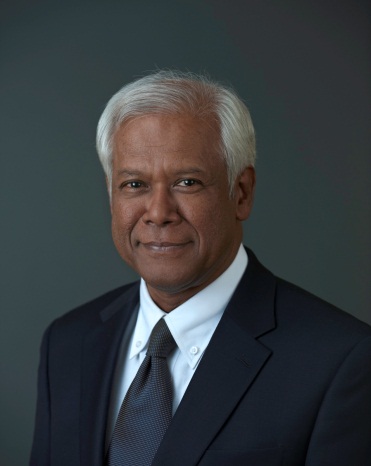The Professional Accountants in Business (PAIB) Committee of the International Federation of Accountants (IFAC) has issued proposed International Good Practice Guidance, Eleven Principles for Effective Business Reporting Processes, for public comment. The aim of this guidance is to establish a benchmark for good practice in implementing effective business reporting processes in an organization. The guidance will help professional accountants in business and their organizations create a cycle of continuous improvement for their business reporting processes to assist stakeholders in making informed decisions about the organization.
“High-quality business reports are crucial for strong capital markets and sustainable economic growth,” said Roger Tabor, chair of the PAIB Committee. “And producing high-quality business reports requires organizations to have effective business reporting processes in place.”
With this guidance, the PAIB Committee aims to provide principles-based guidance that supports professional accountants in business by helping them apply good practices. This guidance is directed at all organizations wishing to enhance their reporting processes—no matter their size or structure, or whether they are private or public.
“This guidance will help professional accountants in business and their organizations ensure that they implement the most effective reporting processes,” said Karyn Brooks, chair of the PAIB Committee’s Business Reporting Task Force. “Implementing these processes will enable them to provide stakeholders—both internal and external—with high-quality financial and non-financial information.”
Professional accountants, their professional organizations, and other interested parties are encouraged to respond to the proposed guidance to help improve its applicability to professional accountants in organizations of all sizes.
How to Comment
The PAIB Committee invites all stakeholders to comment. To access the exposure draft and submit a comment, visit the PAIB Committee section of the IFAC website at www.ifac.org/paib. Comments on the exposure draft are requested by August 23, 2012.
About the PAIB Committee
The PAIB Committee serves IFAC member bodies and professional accountants worldwide who work in commerce, industry, financial services, education, and the public and the not-for-profit sectors. Its aim is to promote and contribute to the value of professional accountants in business by increasing awareness of the important roles professional accountants play, supporting member bodies in enhancing the competence of their members, and facilitating the communication and sharing of good practices and ideas.
About IFAC
IFAC is the global organization for the accountancy profession dedicated to serving the public interest by strengthening the profession and contributing to the development of strong international economies. IFAC is comprised of 167 members and associates in 127 countries and jurisdictions, representing approximately 2.5 million accountants in public practice, education, government service, industry, and commerce.
# # #

